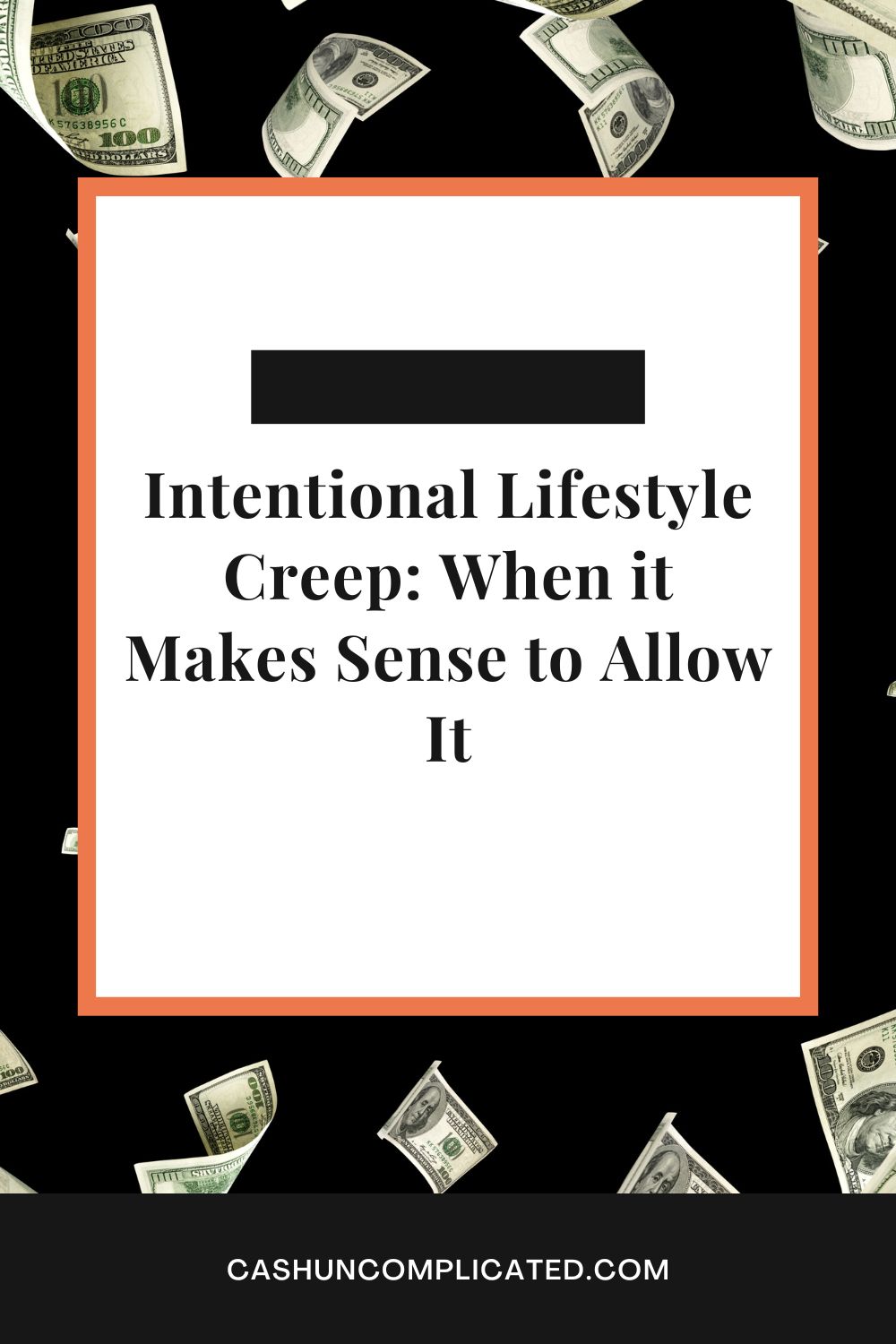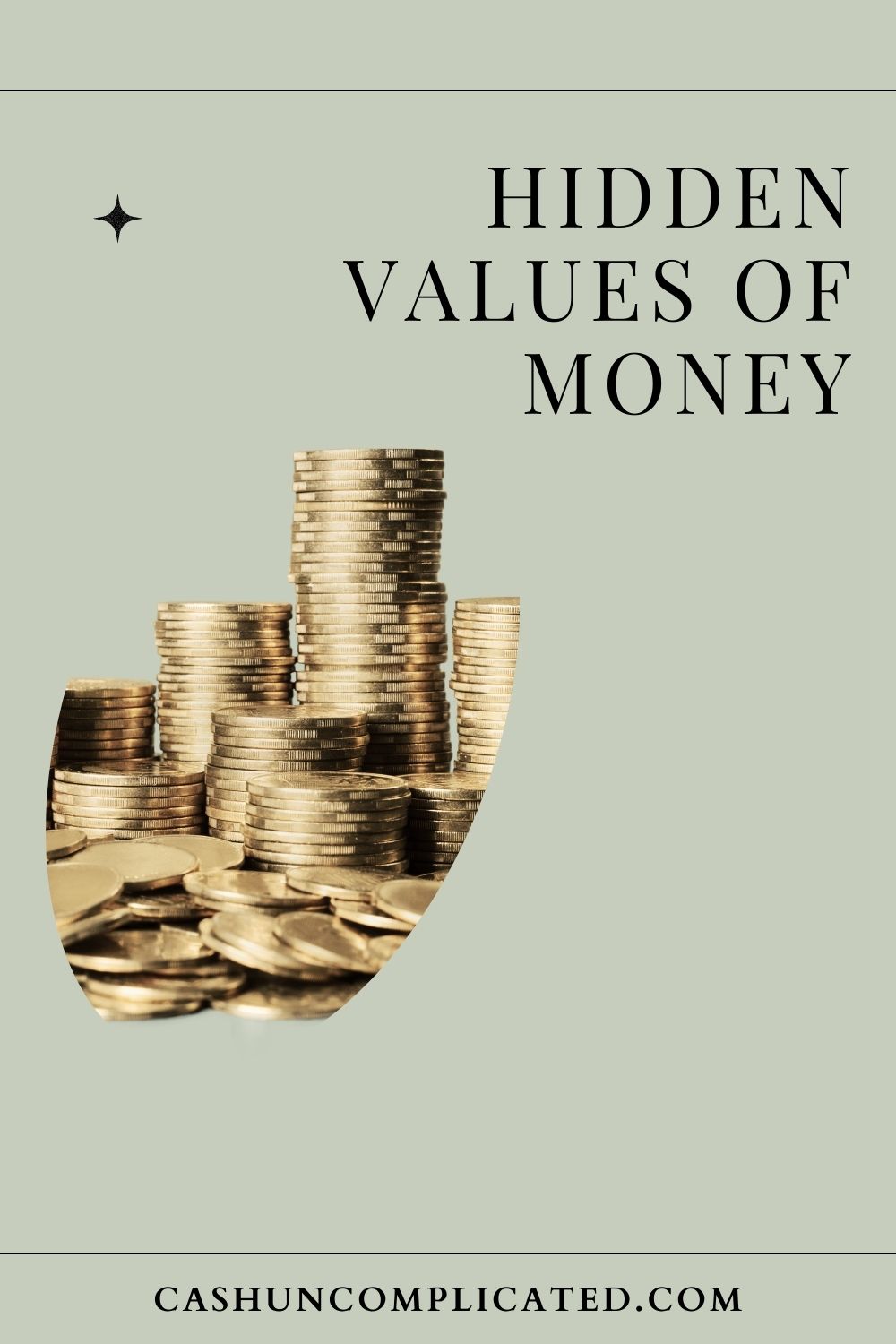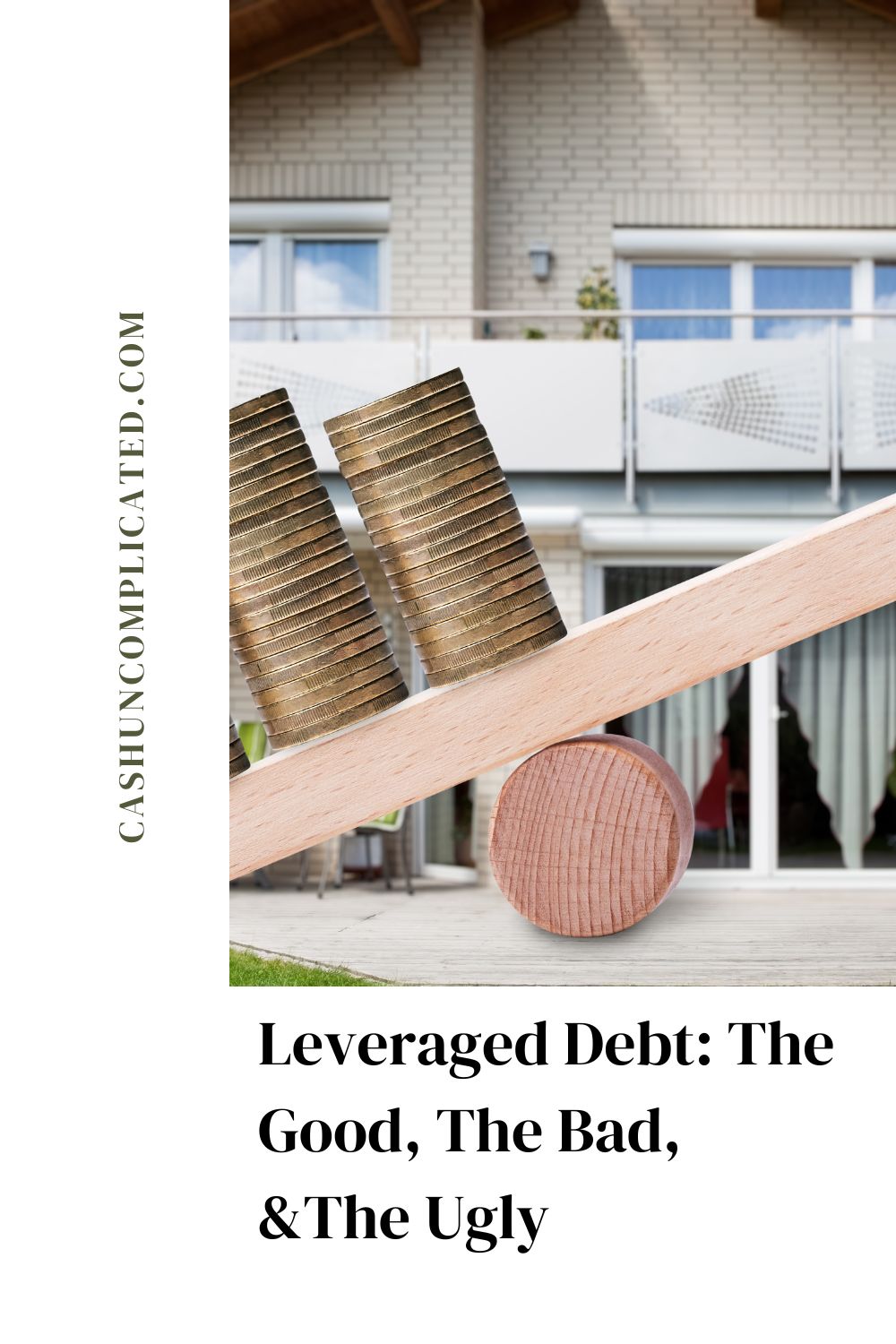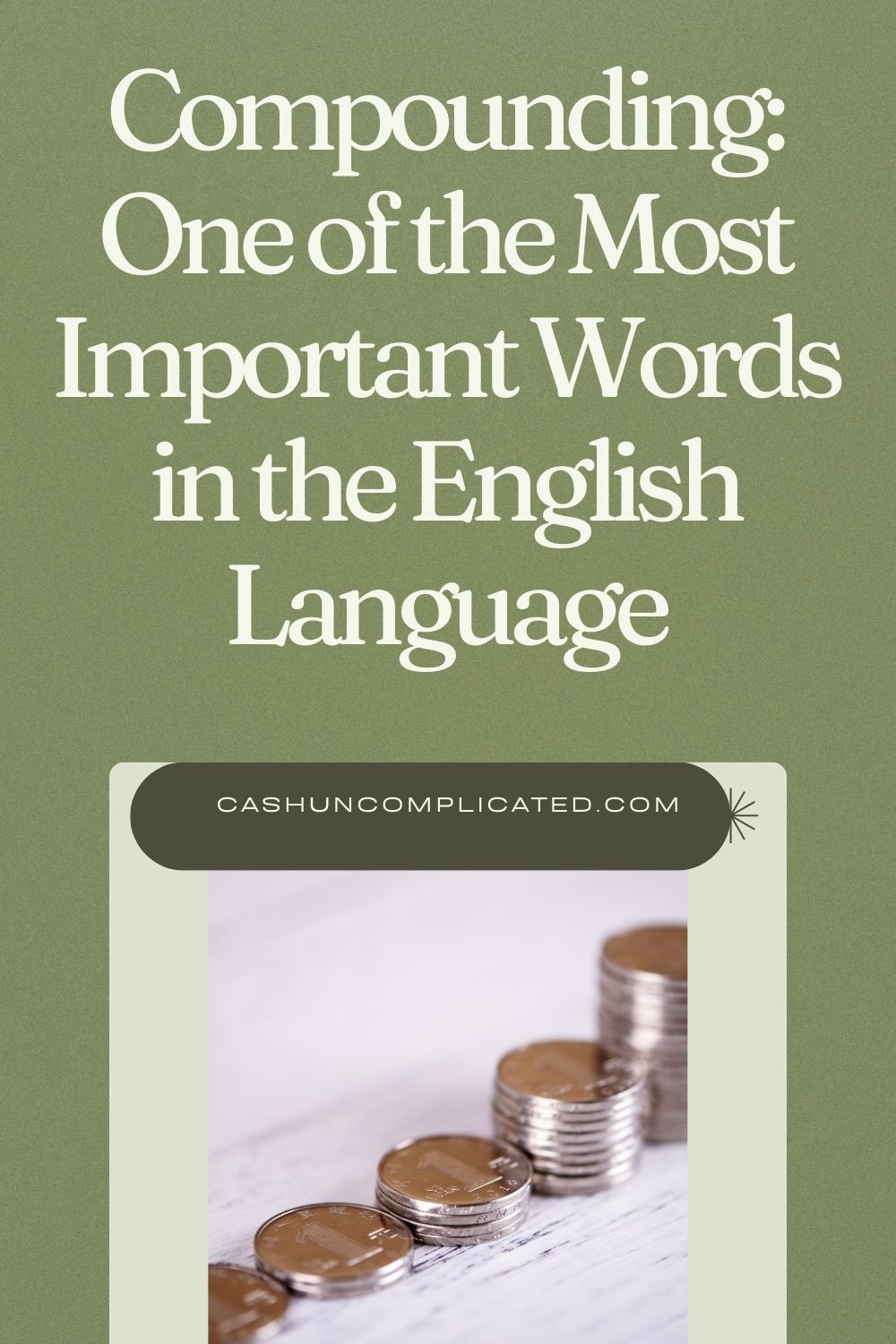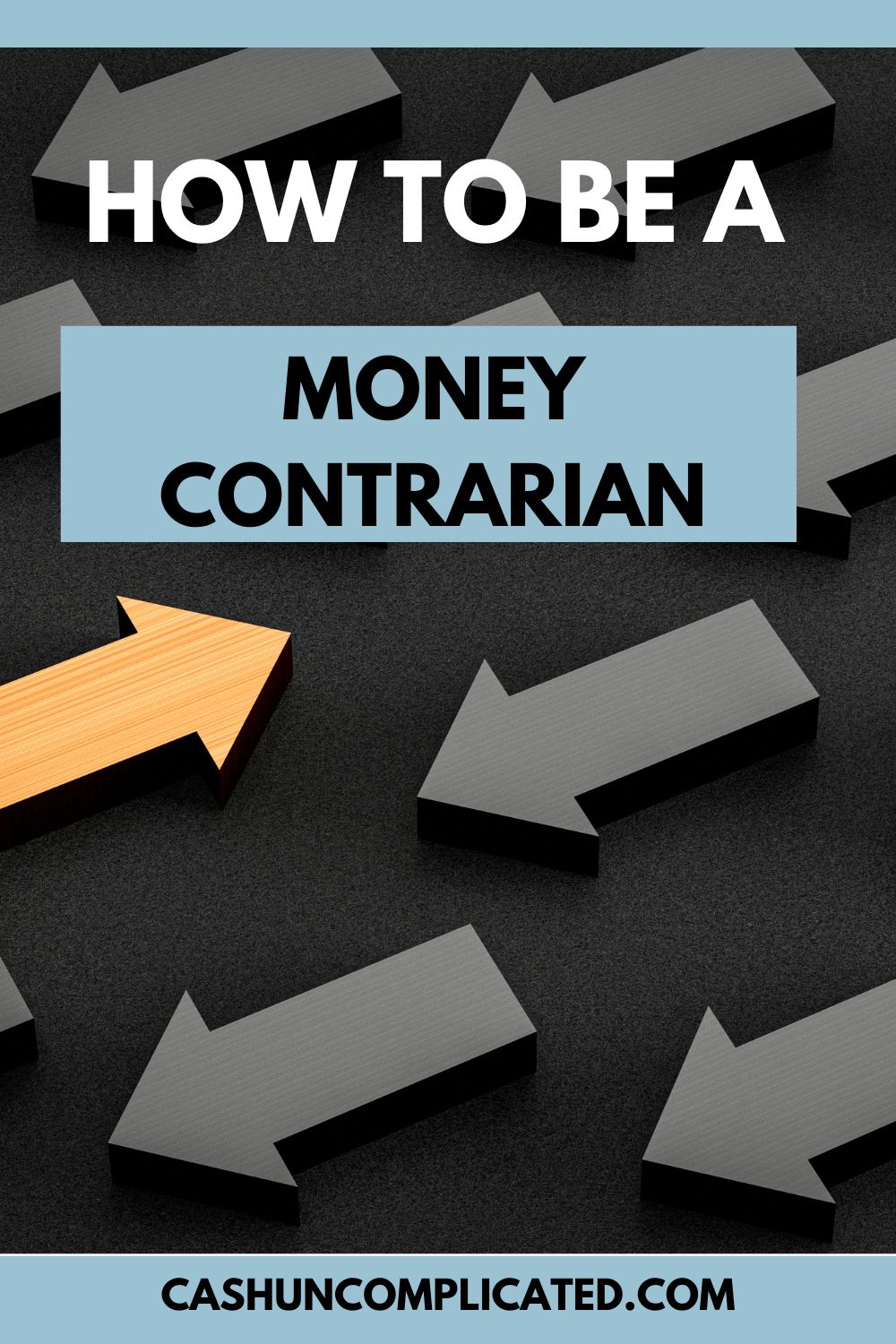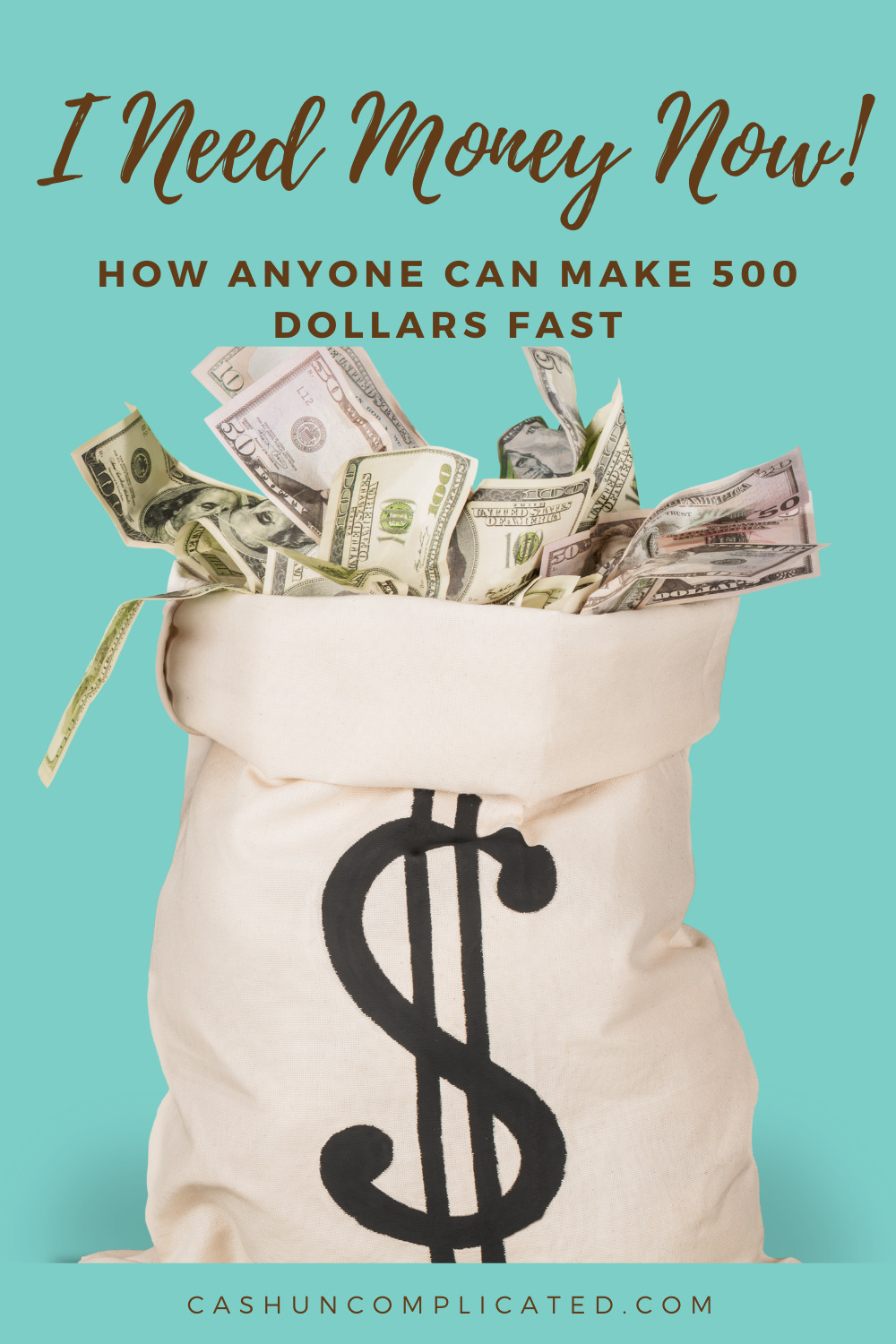I’ve written about lifestyle creep a lot. I think it’s one of the biggest inhibitors to wealth building and it’s one of the largest blind spots in personal finance. Today I’m changing course and writing about intentional lifestyle creep, and when it makes sense to spend more.
What is Lifestyle Creep?
To put it most simply, lifestyle creep is spending more as you make more. Some common examples:
- Someone makes $100 more per month and increases their spending by $100.
- A professional gets a big promotion making $30,000 more per year. They also increase their spending by $30,000 per year.
- A recent graduate makes $25,000 more than they’ve ever made in their life and spends the increase.
Related:
How Does Lifestyle Creep Hurt People?
Lifestyle creep is a lot like running in quicksand. Make $100 more, spend $100 more. Make $10,000 more, spend most or all of it. Get a promotion and rent a more expensive apartment that negates the extra money you’re now making.
The big problem with lifestyle creep is you’re never getting ahead. You keep spending to the money you’re making, never allowing for a surplus. As a result, all the money is going towards living expenses and nothing is getting invested or saved.
This is also what keeps people in the paycheck to paycheck cycle, one missed paycheck away from financial ruin.
The Double Negative of Lifestyle Creep
Lifestyle creep is a double negative. The first negative is spending increasing as you make more, using most or all of your money just to live. No savings, investments, emergency fund, etc.
The second negative is not written or talked about enough. It’s that your lifestyle keeps growing, requiring more and more money just to meet your new needs.
For example, imagine someone who used to live on $3,500 per month. Then they get a raise and live on $3,800 per month. Another raise and they’re living on $4,000 per month.
This goes on for a few years and suddenly they need $5,000 per month to live on, with the numbers steadily increasing.
So if this person loses their job or gets their hours cut, they are in a world of hurt. Instead of needing $3,500 per month like they used to, they now need upwards of $5,000 per month. That means they need to find work or source of income greater than or equal to $5,000 per month.
Can It Actually Make Sense to Allow Lifestyle Creep?
Does it make sense to allow lifestyle creep? That’s what the rest of this post is going to answer.
Number 1: Inflation
In my book Cash Uncomplicated, I write about how to avoid lifestyle creep by automating your any increases in income. For example:
- $100 pay increase at work is automated into $100 of investments every month
- A $150 rent increase (as a landlord) is automated into an investment fund to buy more real estate
- $300 more monthly in business revenue is automatically invested
Automating your money before you have a chance to spend it avoids lifestyle creep. While this has worked very well in practice for me over the years, inflation also has to be accounted for.
When costs of goods at the store go up, I need more money every month to pay for them. Or when gas prices rise, I have to be able to cover the difference.
While this is not traditional lifestyle creep, it’s still rising costs that have to be accounted for. Unless inflation magically goes away, the cost of goods and living will continue to go up.
Number 2: Big Goals Reached
When big financial goals are reached, lots of people decide to “loosen the reins.” For example, the person who has purchased their own home, bought their car in cash, and has been investing for several years may decide to purposefully inflate their lifestyle, or in other words, intentional lifestyle creep.
A common strategy would be to really focus on saving, investing, paying off debt, etc for a period of a few years. Then once the personal finances are really stabilized, begin to ease up a little bit.
Here’s the big difference though–this is an intentional and well thought out part of a plan. A natural step in the process as big goals are reached. While traditional lifestyle creep happens by accident and without the person even knowing, keeping the individual running in quicksand.
Number 3: You’re on Coast FIRE
Coast FIRE is when you haven’t quite reached financial independence yet but are on pace to reach it at a certain point in time. Examples include:
- The person with several hundred thousand to a million in a retirement account, conservatively projected to grow to a few million within the next 15 years with regular contributions
- A rental property investor who has multiple houses scheduled to be paid off in the next five to ten years (investor plans on living off the cash flow at that time)
Both investors in these two scenarios aren’t financially independent yet but if they just keep doing what they’re doing while even adding a few luxuries here and there, will reach financial independence fairly easily.
The person in this type of position can afford to engage in intentional lifestyle creep because they have a well executed plan on pace for financial independence.
Who this won’t work for is a new investor who still has loads of consumer debt, a minimal amount invested, and a haphazard financial plan.
Number 4: Already Deeply Aligned With Your Values
Value-based spending is something I write about all the time. I think it’s one of the most important concepts in personal finance. Someone already deeply aligned with their values has already done the pruning and eliminated the unimportant things.
All that is left is the most important things.
If someone in this position wants to allow some lifestyle creep into their life, that’s probably not the worst thing in the world assuming they already have an emergency fund and have been investing for some amount of time.
As a caveat, the person deeply aligned with their values probably will have some fluctuations in yearly spending. There will be some years where they travel more than others for things like family functions, sporting events, rare experiences, etc. Other years will be lighter if there isn’t as much going on.
The point is this person has flexibility and will spend based on their values.
Number 5: Making a Significant Amount More
As careers, business endeavors, and investments progress–there will be a lot more money made than when first starting off. This allows some wiggle room for lifestyle creep to increase.
Here’s an example: Jim began his career at 22 at which point he also began investing on a regular basis. By the time he was 30, Jim owned his own house, a couple rental properties, and had a few hundred thousand dollars invested in index funds.
Fast forward several years, and when Jim turned 45, his company was generating a couple million dollars per year, he had a multi-million-dollar portfolio of rental properties, and a few million in stocks.
At this point, Jim was financially independent and wealthy. He continues to work because he likes what he does. A little bit of lifestyle creep for someone like Jim isn’t going to hurt him at all. He’s got a multi-million-dollar investment portfolio, runs a successful business, and doesn’t have lavish spending.
He can afford some lifestyle creep.
Conclusion
There are times when it makes sense to allow intentional lifestyle creep. The key is that it needs to be intentional and that you’re aware of it. That way you can control it and adjust as needed.
The real problem is when it’s unintentional and it gets completely out of control to a point where you can’t stop it without massive effort.
Have you intentionally allowed lifestyle creep? How is it going?

